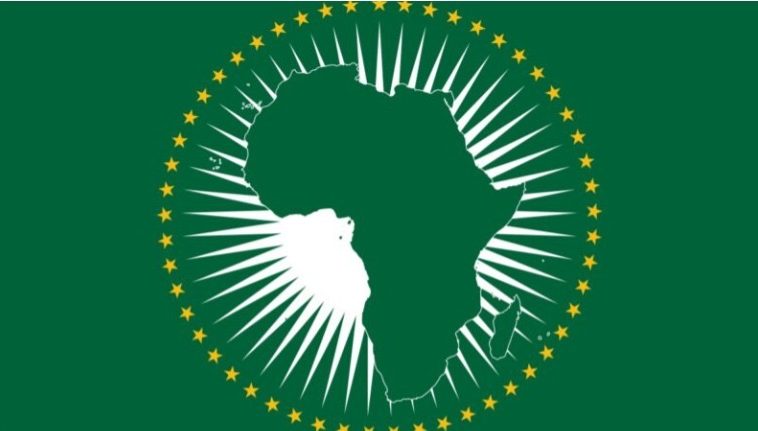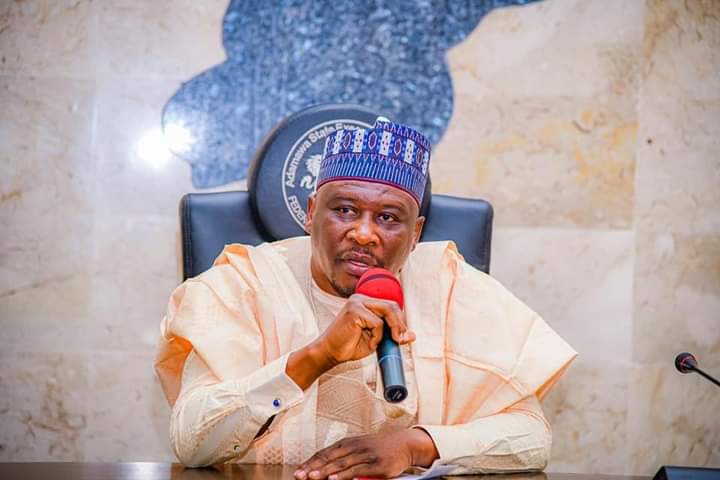While everyone has the power to influence societal change, celebrities are uniquely positioned to do so because of their large following. With only a single button click, they can reach thousands of devoted followers who really appreciate their beloved celebrity’s viewpoint. Although there is a great deal of responsibility involved, this is an excellent way to communicate vital ideas to society.
Celebrities can bring about changes in attitudes and beliefs in the audience,” according to a SAGE Journal paper (Lindberg, Jolly, & Stapel 1). People are inclined to listen to their favourite musicians or movie stars because they are their dols. These individuals have a responsibility to use their platforms for good social change in light of their privilege.
A significant shift is taking place in the mosaic of rich customs and varied cultures that make up Africa: performers are going beyond the call of duty to become social change agents. This piece explores the ever-changing entertainment scene in Africa and how performers, comedians, musicians, and visual artists are using their platforms to promote real social change in addition to providing entertainment.
Music as a Catalyst for Social Awakening
Protest Anthems and Cultural Resilience
In Africa, music has always been associated with tenacity and defiance. African artists have frequently been the first to usher in societal change, from the anti-colonial era to modern movements. The Nigerian afrobeat pioneer Fela Kuti utilised his music to express political discontent in addition to providing entertainment. Anthems such as “Water No Get Enemy” and “Zombie” illustrated the pains and brawls against exploitive governments.
Mariam Makeba’s melodious songs and Hugh Masekela’s diplomatically charged lyrics were used to effect social changes in the anti-apartheid fight in South Africa. This legacy is being carried out today by musicians in Africa, who use their music as a platform for social awareness and a cry for change.
Afrobeats and Global Influence
Distinguished by the combination of international sounds and traditional African rhythms, the emergence of Afrobeats had a revolutionary effect, or a way of effecting positive changes in society. Additionally, in elevating African music to new heights, musicians like Falz, Burna Boy, Wizkid, and many others have not stopped speaking out on social issues through their platforms. For instance, the albums “African Giant” by Burna Boy and “Yakubu” by Falz address the issues of injustice, corruption, and the resiliency of the African spirit and provide evidence of this.
With Afrobeats‘ widespread popularity, it is now possible for these musicians to spread their messages beyond national boundaries, and this has created a global audience that connects with the socio-political stories that are woven throughout their songs and speeches.
Film and Television: Narrating Africa’s Realities
Movies such as “October 1” and “Half of a Yellow Sun” address societal issues and historical events, providing a lens through which viewers can consider the intricacies of the Nigerian experience. This was made possible via Nigeria’s thriving film industry, Nollywood, which has become a potent vehicle for social storytelling.
From Kenya and South Africa, movies like “Tsotsi” and “Lion” have complex themes delving into topics like identity, poverty, and criminality. These movies portray the various realities of the African continent while also being sources of entertainment.
Female Directors: Strengthening Voices
When it comes to promoting social change, African women in cinema are making great progress. Their efforts help to change people’s perspectives and start dialogues on acceptance and inclusivity.
Stars like Lupita Nyong’o use their disrepute to bring attention to problems that impact underrepresented groups and women. Because of her work on “Queen of Katwe” and her support of gender equality, Nyong’o is a significant force for change in the African entertainment industry.
Comedy: The Power of Laughter for Social Critique
Civic Engagement and Political Satire
African comedians are utilising comedy as a vehicle for societal criticism and public participation. Trevor Noah, the host of “The Daily Show,” blends political analysis with humour in South Africa. Noah’s rise from a South African comedian to a worldwide satirist highlights the power of comedy to break down barriers and question social standards.
Comedians in Nigeria, such as Basketmouth and Bovi, use political satire in their acts. In addition to providing entertainment, their parodies of public figures and social mores inspire viewers to think critically about the problems that affect their communities.
Social Concerns via Stand-Up
More and more stand-up comedians are addressing societal concerns on their platforms. Stand-up comedians like Nigeria’s Basketmouth and South Africa’s Loyiso Gola weave stories about societal issues into their routines. Their laughter breaks down barriers and promotes a sense of shared humanity by providing a starting point for conversations about deeper concerns.
Visual Arts and Activism:
Social Commentary and Street Art
African visual artists are taking to the streets to make provocative remarks regarding social issues. Because of its accessibility and immediate nature, street art has developed into a potent medium for social commentary. Public art installations and murals are used by artists like Nigerian Victor Ehikhamenor to promote social justice and corruption-related issues.
Images and social storytelling:
Photographers such as South African Zanele Muholi produce striking photos that subvert stereotypes regarding gender and identity. Their frequently shown art around the world acts as a spark for conversations about societal acceptance and human rights.
Even though African entertainers are leading the way in promoting social change, they still confront particular difficulties. Obstacles are frequently caused by societal conservatism, political pressure, and the requirement for financial viability. But despite these difficulties, artists persevere by coming up with creative solutions to deal with the challenging sociopolitical environments in which they work.
There are benefits and difficulties associated with the digital era. Social media gives artists a direct line of communication with their fans, but it also leaves them open to criticism and scrutiny. On the other hand, this same digital environment makes it possible for messages to spread quickly, encouraging a sense of solidarity and community among people who share similar values.
In Africa, the merging of campaigning and entertainment is a transformational movement rather than just a fad. In addition to reflecting societal reality, musicians, actors, comedians, and visual artists actively shape narratives and spark conversations that result in change.
The entertainment industry in Africa is a vibrant tapestry of activism, resiliency, and inventiveness. These performers not only provide entertainment but also awaken a collective consciousness that could change the course of the continent if they keep using their platforms to advocate for social change. African performers are guiding the way towards a future that is more egalitarian, inclusive, and socially conscious through the power of storytelling, music, comedy, and the visual arts.


